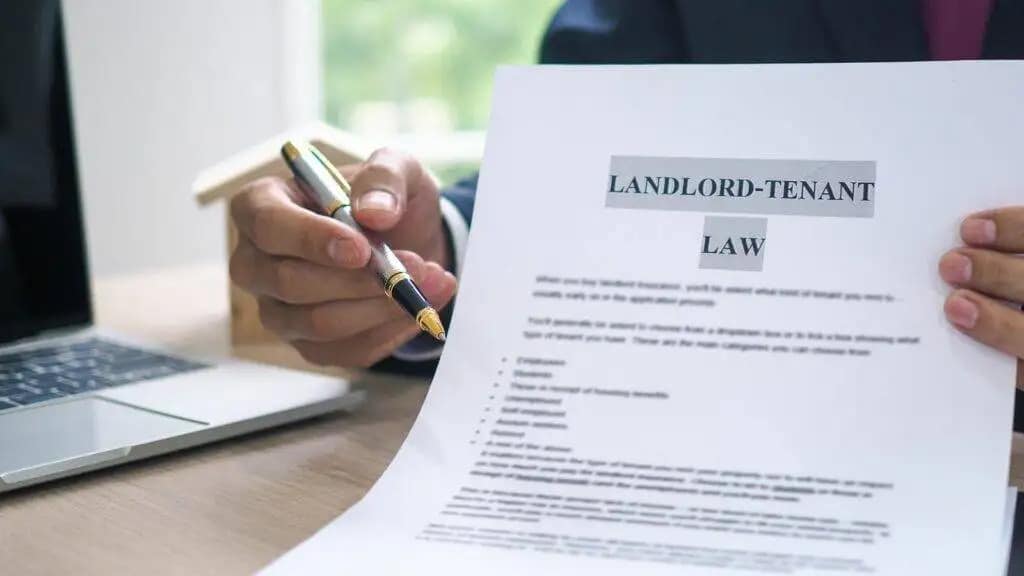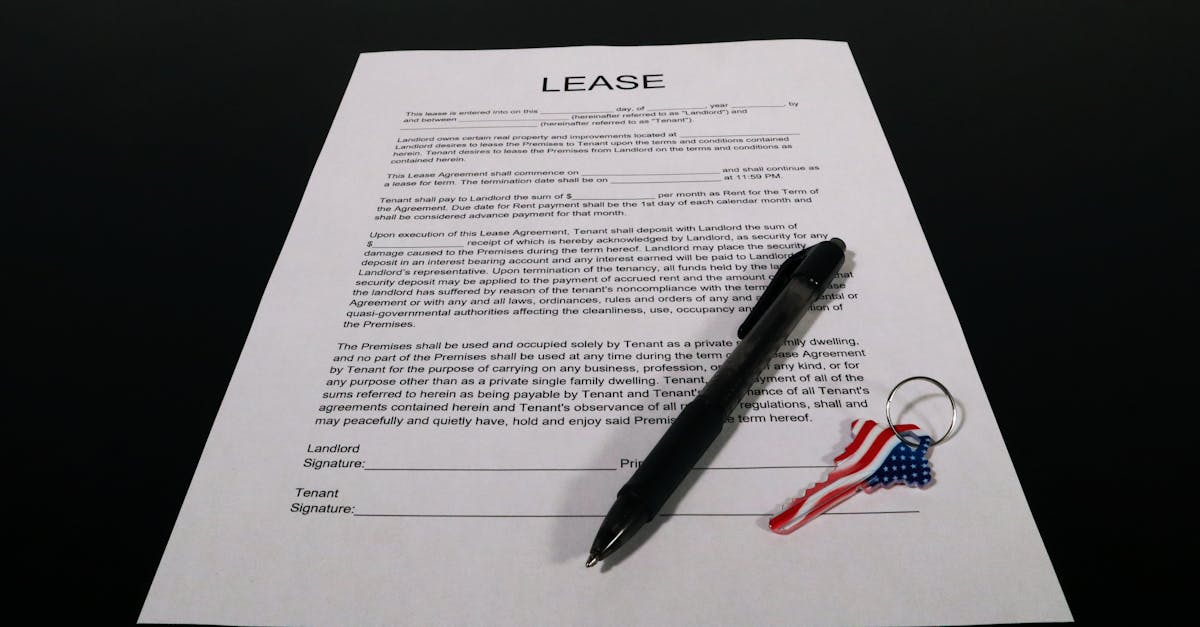
Renting in California can feel like walking through a legal maze. From sky-high rent to confusing eviction laws and landlord disputes, being a tenant in the Golden State isn’t always golden.
But here’s the good news: California has some of the strongest tenant protection laws in the U.S.
The problem? Most renters don’t know what their rights actually are.
This article breaks down California tenant rights, answers common questions, and shows you how to protect yourself — especially when it comes to rental agreements, eviction notices, and security deposits.
Why You Should Care About Tenant Rights in California
California’s rental laws are extensive — and constantly evolving.
Whether you’re in Los Angeles, San Francisco, San Diego, or anywhere in between, understanding your tenant rights in California can help you:
- Avoid illegal rent hikes
- Prevent unfair evictions
- Get your full deposit back
- Demand timely repairs
- Push back against harassment
- Ensure you get a legal rental agreement
Knowing your rights = protecting your home.
1. You Have the Right to a Written Rental Agreement
In California, oral agreements are legal — but they’re risky.
A written rental agreement protects both you and the landlord. It outlines:
- Rent amount
- Lease length
- Deposits and fees
- Maintenance responsibilities
- Rules about guests, pets, smoking, etc.
- Notice periods for ending the lease
Don’t have a written lease? Get one now.
👉 Download a Free Rental Agreement Template (California-Ready)
You can use a fillable PDF rental lease even if your landlord doesn’t provide one.
2. California Rent Control: Know the Rules
Under California’s statewide rent control law (AB 1482), landlords can only raise rent by:
- 5% + local inflation, or
- Up to 10% total
(Whichever is lower)
Applies to: Most apartments built before 2005
Exemptions: Single-family homes (if landlord owns ≤ 2 units), newer builds, some affordable housing
If your landlord tries to raise rent by 20% overnight — that’s likely illegal under California tenant protection law.
3. You Have the Right to a Habitable Living Space
California’s implied warranty of habitability means landlords must:
- Fix plumbing, heating, and electrical issues
- Provide hot water
- Ensure the property is clean, safe, and vermin-free
- Respond to essential repair requests promptly
If your unit becomes unsafe or uninhabitable, you may have the right to:
- Withhold rent
- Make repairs and deduct costs
- Break the lease
- Sue for damages
Always document repair requests in writing — and keep copies.
4. Security Deposit Rights in California
In California:
- Landlords can’t charge more than 2 months’ rent for security deposits (or 3 months if it’s furnished)
- They must return the deposit within 21 days after move-out
- They must provide an itemized deduction list if they keep any of it
- Normal wear and tear cannot be deducted
Pro tip: Use a Move-In/Move-Out Checklist to protect your deposit.
👉 Download Fillable Move-In Checklist PDF
5. Eviction Rights in California (Know This Cold)
Your landlord cannot evict you without cause, especially under rent control. There are only two types of legal eviction:
“Just Cause” Eviction
Valid reasons include:
- Non-payment of rent
- Lease violation
- Criminal activity on premises
- Owner move-in (in specific cases)
“No-Fault” Eviction
Landlord wants to take the unit off the market, demolish it, or move in — must give 60-day notice, and often pay relocation assistance.
Illegal evictions in California include:
- Locking you out
- Shutting off utilities
- Harassment or threats
- Retaliation for complaining about conditions
You have the right to fight evictions in court — and win.
6. You Have the Right to Privacy
California Civil Code §1954 gives tenants the right to quiet enjoyment and privacy.
Landlords must give at least 24 hours’ written notice before entering your unit — unless it’s an emergency.
They cannot:
- Show up unannounced
- Enter for random reasons
- Harass or intimidate you
You can file a complaint or even take legal action if they violate this.
7. Fair Housing Rights (No Discrimination)
Under California and federal law, landlords cannot refuse to rent to you based on:
- Race, religion, or ethnicity
- Gender identity or sexual orientation
- Disability status
- Family status (like having kids)
- Source of income (yes, even if it’s Section 8)
If you face housing discrimination in California, report it to:
- The California Department of Fair Employment and Housing (DFEH)
- HUD (federal housing agency)
8. Lease Renewals and Rent Increases
In most cases:
- If you’re on a month-to-month lease, landlords must give 30–60 days’ notice to increase rent or terminate
- If you’re on a fixed-term lease, the landlord can’t raise rent or change terms until renewal time
- Tenants must be notified in writing
Always document communications and save copies of your lease.
Don’t have a proper lease?
👉 Get a Fillable Rental Lease Agreement (California-Compatible)
9. Subleasing: What Are Your Rights?
California doesn’t automatically allow or prohibit subleasing. It depends on your lease agreement.
- If your lease doesn’t mention subleasing, you usually need written permission
- Landlords can’t unreasonably deny your request
- You’re still responsible for the unit even if a subtenant is living there
Best practice: Use a formal sublease agreement to stay protected.
👉 Download Sublease Agreement Form – Free & Fillable
10. How to Protect Yourself as a California Renter
Here’s your tenant protection checklist:
- Get a signed, written rental agreement
- Keep digital copies of all communication
- Report all repairs in writing
- Take photos of the unit before move-in and after move-out
- Use checklists and templates to document everything
- Know your rights, especially around eviction and deposits
- File complaints if your landlord breaks the law
Fillable Templates That Make Renting in California Safer
Don’t let bad paperwork put you at risk. Use professional, fillable templates designed for renters:
- California Rental Agreement (Fillable PDF)
- Move-In / Move-Out Checklist
- Sublease Agreement Form
- Rental Payment Receipt Template
All templates are free, printable, and editable — no sign-up needed.
Final Thoughts: Know Your Rights, Keep Your Lease
Renting in California isn’t always easy. But knowing your rights as a tenant can give you the power to:
- Avoid legal traps
- Push back when landlords cross the line
- Keep your home safe, livable, and affordable
- Take control of your rental agreement
And if you need a solid lease form to start with?
👉 Download Your Free California Rental Agreement Form (Fillable PDF)
No legal jargon. No downloads with strings. Just real tools for real renters.
Tagged: tenant rights California, California lease agreement, security deposit California law, eviction process in California, rental agreement template California, California landlord tenant act





